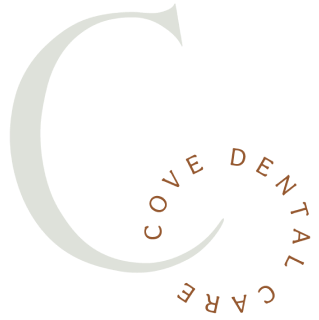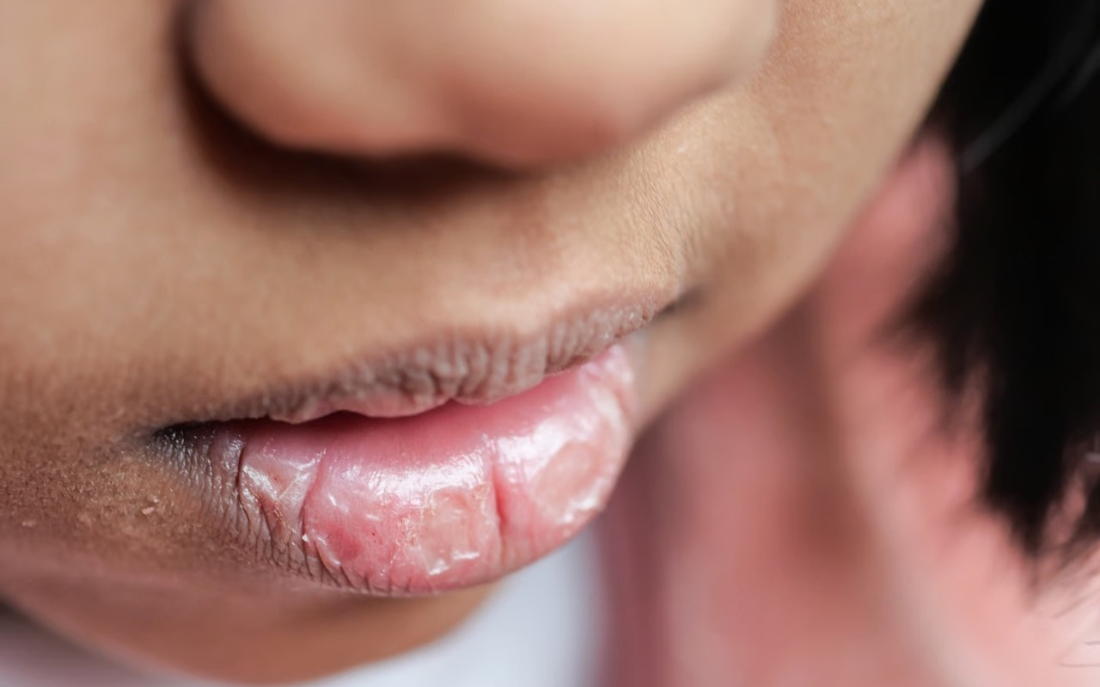How a Dental Professional Can Help You Manage Dry Mouth Symptoms


Managing Dry Mouth: Causes, Treatments, and Prevention
Dry mouth, or xerostomia, is more than just an inconvenience—it can lead to significant oral health problems if not properly addressed. If you’re experiencing symptoms of dry mouth, seeking professional dental care can be a crucial step toward relief and long-term oral wellness.
In this blog, we’ll explore how dental professionals can help manage dry mouth, offer effective treatment options, and share tips to prevent it from worsening.
Why Does Dry Mouth Happen?
Dry mouth occurs when the salivary glands fail to produce enough saliva to keep the mouth adequately moist. Saliva is essential for digestion, preventing tooth decay, and maintaining overall oral hygiene. A decrease in saliva can result in symptoms such as:
- Difficulty speaking or swallowing
- A dry, sore throat
- Bad breath
- Hoarseness or a sticky feeling in the mouth
- Higher risk of cavities and gum disease
Several underlying causes can contribute to dry mouth, including:
- Medications: Many common medications, such as antihistamines, antidepressants, and those for high blood pressure, can reduce saliva production.
- Dehydration: Not drinking enough water or consuming excessive caffeine or alcohol may lead to dryness.
- Medical conditions: Diabetes, autoimmune diseases, and nerve damage are all potential culprits.
- Mouth breathing: Breathing through the mouth, particularly while sleeping, can dry out oral tissues.
Identifying the specific cause is the first step toward effective treatment.
How Can a Dental Professional Help?
Dental experts are equipped to diagnose the root causes of dry mouth and create tailored treatment plans. Here’s how they can assist:
1. Comprehensive Evaluation
A thorough dental exam includes reviewing your medical history, discussing symptoms, and possibly performing salivary flow tests. Identifying the cause—whether it’s medication-related, systemic, or environmental—is essential for effective care.
2. Saliva-Stimulating Medications
Prescription medications like pilocarpine or cevimeline may be recommended to increase saliva production, particularly in cases related to medical treatments like radiation or conditions such as Sjögren’s syndrome.
3. Saliva Substitutes and Moisturizers
For immediate relief, saliva substitutes in the form of sprays, gels, or rinses can mimic the moisture and texture of natural saliva, easing discomfort and helping maintain oral health.
4. Fluoride Treatments and Preventive Care
Since dry mouth heightens the risk of decay and gum disease, fluoride treatments are often used to strengthen enamel and protect teeth. Options may include:
- Fluoride gels or varnishes applied during appointments
- Custom trays for at-home use
- Routine check-ups to monitor oral health and catch problems early
5. Lifestyle and Dietary Advice
Adjustments in daily habits can significantly impact dry mouth symptoms. Some common recommendations include:
- Drinking more water throughout the day
- Chewing sugar-free gum to stimulate saliva
- Avoiding caffeine, alcohol, and tobacco
- Using a humidifier to keep indoor air moist, especially while sleeping
These strategies can help improve comfort and minimize symptoms between dental visits.
6. Oral Hygiene Guidance
Maintaining strong oral hygiene is especially important for those with reduced saliva. Dental professionals often suggest:
- Using fluoride toothpaste formulated for dry mouth
- Avoiding alcohol-based mouthwashes
- Flossing daily to prevent plaque buildup
These small changes can have a big impact on preventing decay and maintaining fresh breath.
Why Dry Mouth Shouldn’t Be Ignored
When untreated, dry mouth can create a breeding ground for harmful bacteria and lead to issues such as:
- Tooth decay due to lack of saliva’s protective properties
- Gum disease, including gingivitis and periodontitis
- Chronic bad breath
- Fungal infections, such as oral thrush
Addressing dry mouth proactively can protect your oral health and improve your day-to-day comfort.
Take the First Step Toward Relief
If you’re dealing with persistent dry mouth, don’t wait for the symptoms to worsen. A trusted dental care in Greer provider can offer a personalized approach that targets the root cause and helps manage the condition effectively. From preventive treatments to practical lifestyle adjustments, professional support is key to safeguarding your smile.